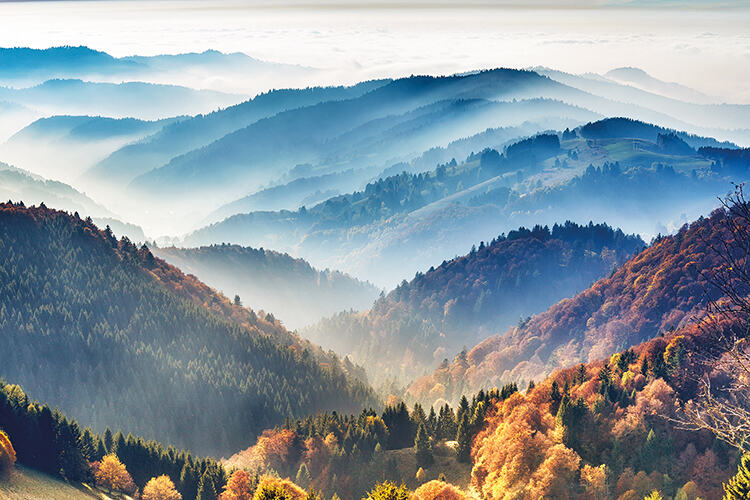
Rise of tree mortality in Germany’s Black Forest directly attributed to climate change, study shows
A long-term study by professors Hans-Peter Kahle and Heinrich Spiecker, specialists in forest growth and dendroecology at the University of Freiburg, has revealed that climate change is the key driver behind rising tree mortality in the Black Forest, a mountainous region in southwest Germany.
Forests cover roughly a third of Germany, but according to a 2022 government survey, 79 per cent of trees across the nation are damaged, dying or dead. A range of factors from storms to wildfires to bark beetle infestations are believed to be responsible for the dying forests – known locally as waldsterben – an issue that became a top priority for German politicians in 2019, a year when tree mortality reached its peak at more than seven times the average rate.
However, in their 68-year study (1953 to 2020), published in Global Change Biology, researchers show that Germany’s increasingly dry, hot summers have had a significant impact on the rate of tree mortality and the reduction in the growth of spruce, beech and fir trees, all of which are dominant in the Black Forest. Moreover, they reveal that tree mortality is at the highest it’s been for the last 140 years. The researchers explain that the drier, warmer climate affects the physiological processes of trees, such as photosynthesis and respiration, and makes them more vulnerable to biotic and abiotic stress factors, including insect and fungal infestation, frost and drought.
Germany’s forests play an important role as carbon sinks, removing around 62 million tonnes of carbon dioxide – about 7 per cent of the country’s annual emissions – from the atmosphere every year. As the health of these forests continues to decline, their ability to absorb and store carbon will also be lost.




